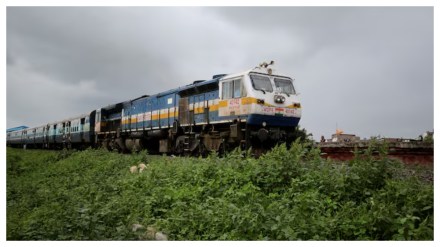Prime Minister Narendra Modi on Thursday said that the government has set a goal to achieve net zero emissions in railway operations by 2030. Speaking from the Red Fort during the 78th Independence Day celebrations, Modi emphasized the administration’s commitment to environmental protection, particularly within the rail sector.
Diesel to Electric Traction
Railway Minister Ashwini Vaishnaw recently provided an update on the Indian Railways’ strategies to reach this net zero carbon emission target. In a statement to the Lok Sabha, Vaishnaw outlined a multi-faceted approach involving a transition from diesel to electric traction, increased use of renewable energy, and enhanced energy efficiency measures. These steps are designed to promote renewable energy technology in India and reduce reliance on imported fuels like diesel and coal.
International Collaboration
To support these goals, Indian Railways has signed a Memorandum of Understanding (MoU) with the United States Agency for International Development/India (USAID/India). This agreement, finalized on June 14, 2023, focuses on long-term clean energy planning, energy efficiency policy development, and overcoming regulatory and implementation challenges. The MoU is set to last five years or until the completion of the South Asia Regional Energy Partnership (SAREP) program.
Eco-friendly fuel for Railway operations
Vaishnaw also addressed questions about the development of eco-friendly fuels for rail operations. The Indian Railways Organization for Alternate Fuel (IROAF) is exploring alternatives such as blended bio-diesel, CNG, and LNG. Additionally, a pilot project has been launched to retrofit hydrogen fuel cells on Diesel Electric Multiple Unit (DEMU) rakes, with 26 DEMU power cars already converted to CNG-based systems.
(With PTI Inputs)
